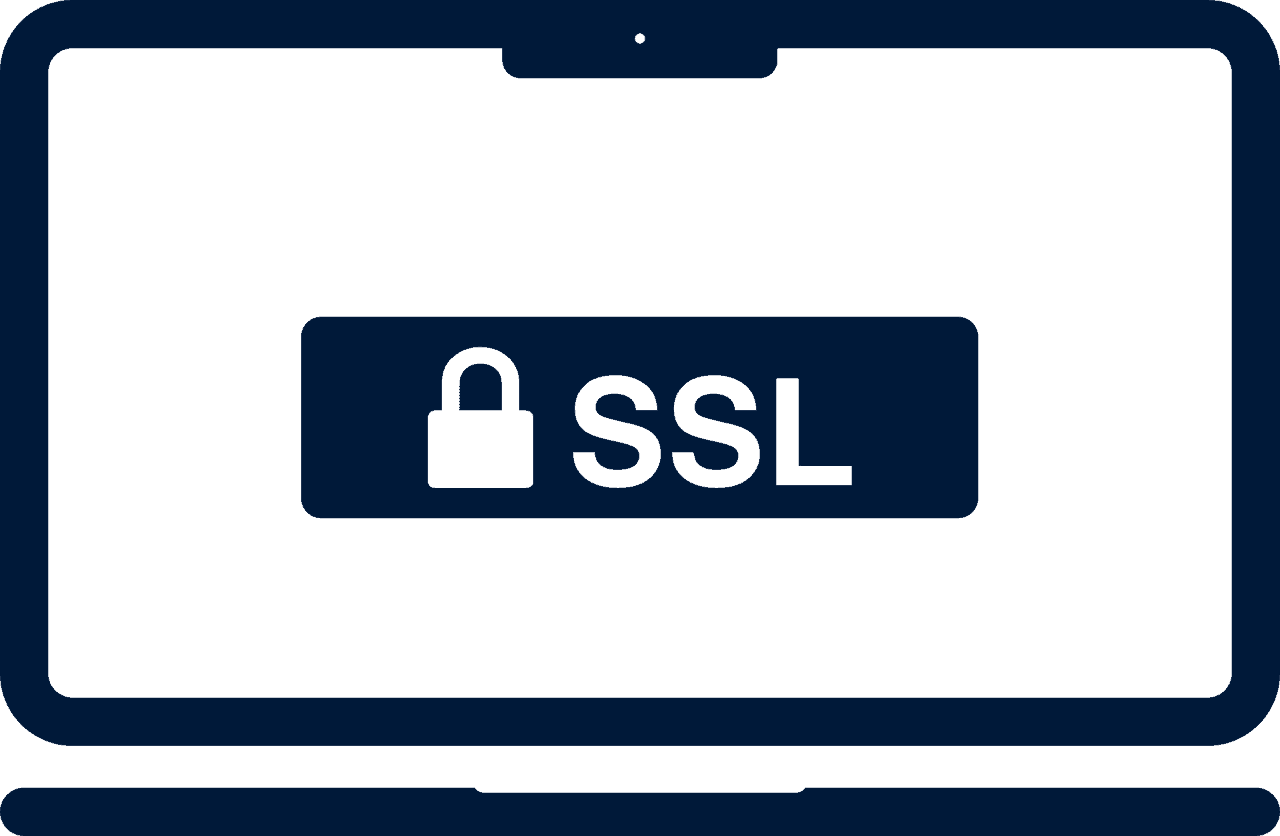
If you’re reading this, then you’re probably aware of the significance of an SSL certificate and why it’s crucial to your website and your business. But what you may not know is exactly how an SSL certificate protects you and helps keep your website secure. Let’s dive into the details so that you can decide if an SSL certificate makes sense for your company and start using it right away!
HTTPS or Hypertext Transfer Protocol Secure is the secure version of HTTP or Hypertext Transfer Protocol, which is used to transfer data between two parties via the internet. HTTPS uses SSL (Secure Sockets Layer) and TLS (Transport Layer Security) protocols to encrypt all information transmitted via it so that nobody can read your data in plain text.
Secure Sockets Layer certificate is a digital certificate that verifies the identity of a website and encrypts information sent to the server using SSL technology. It provides security for communication over the internet. HTTPS is the secure version of HTTP, and is used to encrypt communication between a web browser and a web server. A website that uses it will have a padlock icon in the address bar, indicating that the connection is secure.
There are three types of SSL certificates: Domain Validated (DV), Organization Validated (OV), and Extended Validation (EV). DV certificates are the most common and are typically used for personal websites or small businesses. OV certificates are used by larger businesses and organizations and EV certificates are typically used by e-commerce websites. Every good SEO agency uses one of these.
An SSL certificate is essential for any website that wants to add an extra layer of security and trust. When a website is protected with SSL, it means that all information exchanged between the site and its visitors is encrypted. This helps to keep sensitive information safe from hackers and cyber criminals.
If you’re running an e-commerce website, then you need an SSL certificate to increase your conversion rates. An SSL certificate encrypts the information that is sent from a user’s browser to your server, which helps to protect against eavesdropping and data theft. In addition, many users will not purchase from a website that does not have a valid certificate, so having one can help you attract more customers.
Google has announced that having an SSL certificate is now a ranking factor in their algorithm. This means that if you have a website without a certificate, you could be losing out on valuable search engine traffic.
Not only does this make it difficult for hackers to get any information from their transmissions, but it also makes them think twice about attacking your site in the first place because they’ll know there’s a good chance their traffic will be encrypted. And if you happen to store any customer or financial data on your site, encryption is essential so that hackers can’t intercept it and steal customers’ money or personal data.
Before you start thinking about choosing the type of protocol, it’s worth considering the complexity of your website. What CMS does it use? What type of hosting have you chosen? If you are not sure of your answers, it is worth using the help of a programmer or Wicklow SEO specialist when implementing the certificate.
Select the type of certificate described above. You can use free protocols or Domain Validation. Later installation. In this case, you can ask for help from your hosting provider, IT specialist, specialist, and if you use a CMS, all you need to do is reach for the Really Simple SSL plugin.
After implementing the certificate, you need to add a new website address to the Google Search Console panel. In the lower year, go to the “Add a service” section and add web addresses or no web addresses. It is worth using a permanent 301 redirect so that users immediately find the right version of the page. This way you will avoid duplicate content.
An SSL certificate is essential for any website that wants to be taken seriously. Not only does it protect your visitors’ information, but it also helps boost your search engine ranking and build trust with your audience. If you’re not sure whether your website needs an SSL certificate, ask yourself this: would you buy from a website that didn’t have one? If you’re not sure whether your website needs an SSL certificate, talk to your web hosting provider or contact a security expert.
Main photo:u_fg0tkeqgiy.pixabay.com